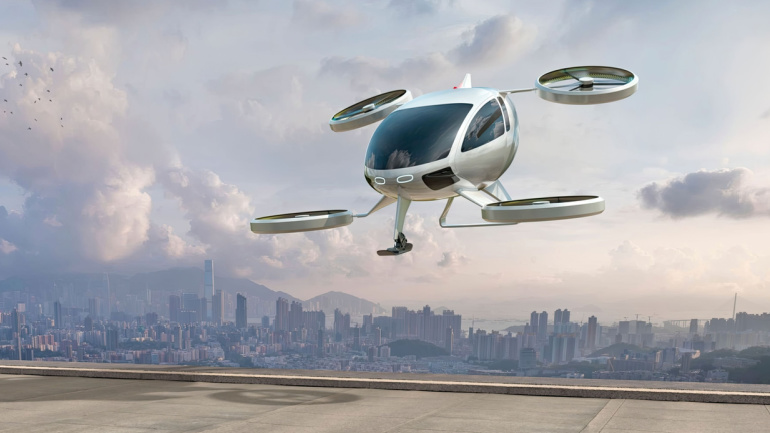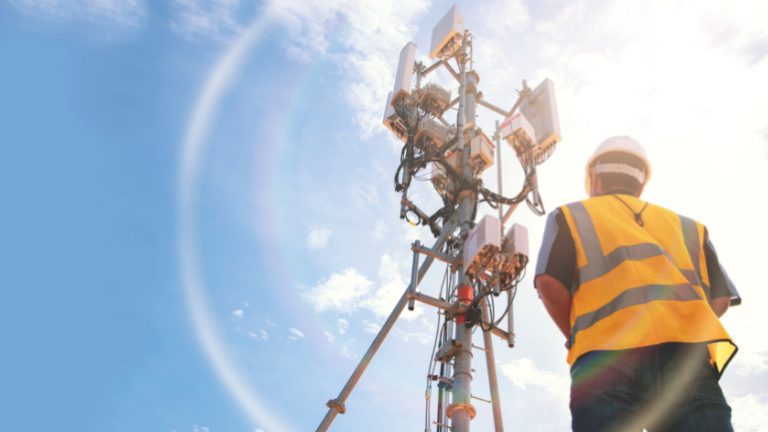
Satellite provider Inmarsat is looking to capitalize on the growing demand for commercial unmanned aerial vehicle (UAV) services. The company recently partnered with Supernal, a Hyundai-owned company that is developing electric vertical take-off and landing (eVTOL) aircraft. Supernal aims to provide short-haul flights with its pilot-controlled passenger aircraft that also includes technology for eventual automated flight capability.
The partnership aims to connect Supernal’s eVTOL to Inmarsat’s Velaris comms service, specifically designed for the UAV market. Velaris runs on Inmarsat’s Elera L-band satellite network and addresses the beyond visual line of sight (BVLOS) challenges in the commercial UAV market. BVLOS restrictions limit the reach of unmanned passenger flights and impact the overall potential of the UAV market. Velaris supports a throughput of 320 Kbps, carrying real-time HD video and command and control (C2) data.
Joel Klooster, SVP of aircraft operations and safety at Inmarsat Aviation, commented on the collaboration: “We can deliver the safety services required to allow these vehicles to fly beyond visual line of sight operations and continually improve the customer experience.”
This development has clear overlap with the terrestrial network operators’ efforts in connected drone services. For instance, Nokia recently launched its drone-in-a-box solution, which offers automated BVLOS flights by enabling drones to connect to public or private 5G or LTE networks. With drones and eVTOLs having similarities in terms of flight altitude and distance, the satellite and telecoms industries might be vying for shares of the commercial UAV connectivity market.
In other news, Inmarsat’s proposed sale to rival Viasat received clearance from the Competition and Markets Authority (CMA). Viasat Chairman and CEO Mark Dankberg stated, “We’re delighted with the CMA’s decision to unconditionally clear the deal to acquire Inmarsat, as it represents a critical step in securing final approvals to complete this transaction.” He went on to emphasize that the deal would strengthen competition and attract investment in the satellite communications sector.




